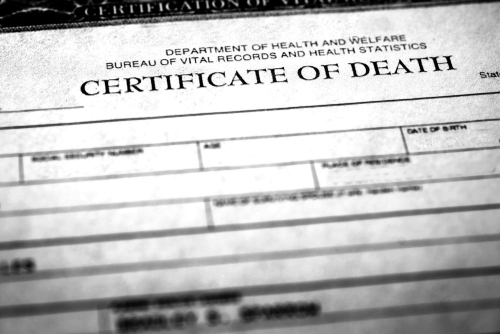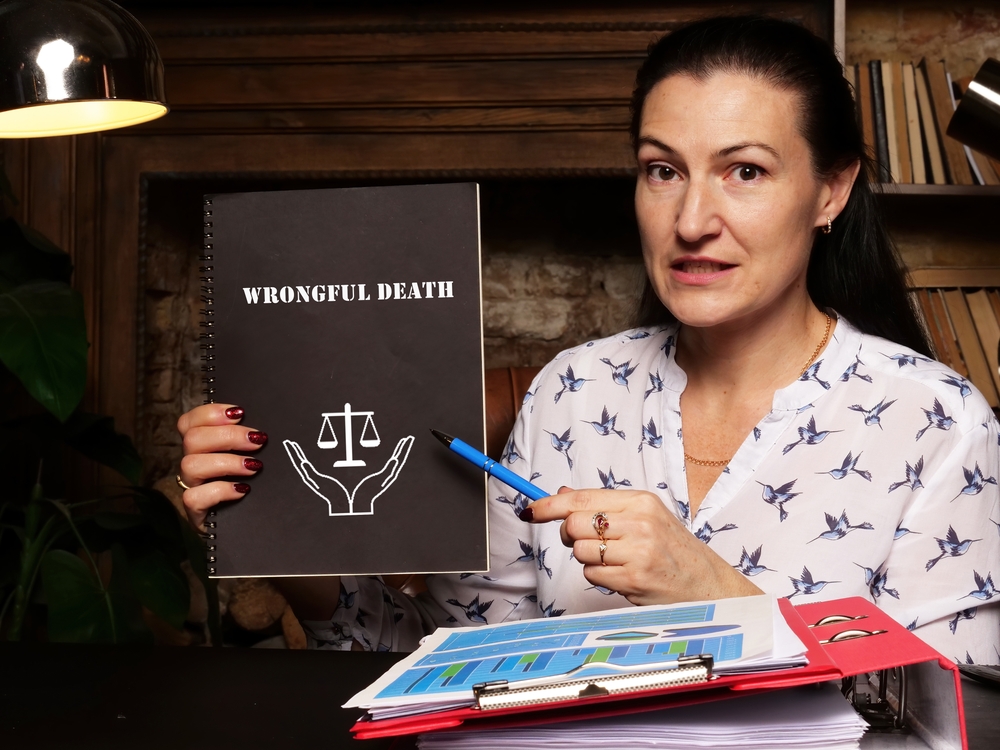Who Gets the Money in a Wrongful Death Lawsuit
Winning a wrongful death lawsuit can’t erase the pain of losing a loved one, but it can help financially. Who Gets the Money in a Wrongful Death Lawsuit? We’ll unveil who benefits most, like spouses and children, and in some cases, even parents. Let’s sort through the legalese and shed light on how settlements are divided.
Let’s face it, life can be messy, and unfortunately, sometimes that messiness spills over into tragedy. If you’ve recently lost a loved one due to someone else’s negligence, you’re likely grappling with a whirlwind of emotions – grief, anger, and maybe even a nagging question: who inherits the compensation from a wrongful death lawsuit? Here in Georgia, the legalities surrounding wrongful death benefits can feel like navigating a complicated peach cobbler recipe. But fear not because we’re here to break it down into bite-sized pieces.
What Is Wrongful Death?
Wrongful death is a legal term describing a situation where someone’s death is caused by the negligence or wrongdoing of another person or entity. In simpler terms, it means a death that could have been prevented if not for someone else’s carelessness, recklessness, or intentional act.
Cause of Death: The death must be a direct result of another party’s actions (or inactions).
Wrongful Act: This could be negligence (carelessness), an intentional act (like assault), or a product defect.
Civil Lawsuit: Wrongful death lawsuits are separate from criminal charges and focus on compensating the survivors for their loss.
Wrongful death lawsuits allow families who’ve suffered a tragic loss to seek financial compensation for various damages, including:
- Lost income the deceased would have provided
- Medical and funeral expenses
- Loss of companionship and emotional distress
- Loss of inheritance potential
Wrongful death laws vary by state, so it’s important to consult with an attorney to understand the specifics of your situation.
Who Gets the Money in a Wrongful Death Settlement?
While a wrongful death lawsuit can’t bring back a loved one, the settlement can offer some financial security during a deeply difficult time. The money from a wrongful death settlement typically goes to the deceased’s closest surviving family members. Here’s a breakdown of who might be eligible:
- Spouses: They often receive a significant portion of the settlement.
- Children: Minor children are usually entitled to a share, and the court may appoint a guardian to manage the funds until they reach adulthood.
- Parents: In some cases, if the deceased was financially supporting their parents, they may be eligible for compensation.
The distribution of funds depends on your state’s laws. Some states divide the settlement equally among beneficiaries, while others consider factors like financial dependency and age.
Here are some additional things to keep in mind:
- Will considerations: If the deceased had a will, it might specify how the settlement should be distributed.
- No spouse or children: If there’s no surviving spouse or children, the money might go to the deceased’s estate and be distributed according to their will or state inheritance laws.
- Tax benefits: Thankfully, wrongful death settlements are not subject to income tax.
Consulting a lawyer specializing in wrongful death lawsuits is crucial. They can explain the specific laws in your state and who might be entitled to compensation, as well as guide you through the legal process.
Sharing the Pie: When There’s No Spouse
Life throws curveballs, and sometimes, there might not be a surviving spouse. Don’t worry, the pie (or rather, the compensation) can still be shared amongst other family members. Here’s the breakdown:
- Children: If there’s no spouse, the dependent children become the primary beneficiaries and typically split the compensation equally.
- Parents Step Up: In the absence of a spouse and children, the deceased’s parents can step in as beneficiaries. This is especially true if they depend on their child for financial support.
Extended Kinfolk
While the focus is usually on immediate family, Georgia law allows, in some cases, for extended family members like siblings or grandparents to be beneficiaries. However, this depends on whether they financially relied on the deceased and if there are no closer relatives. A Wrongful Death Attorney Georgia can help you navigate these specific situations.
Factors Affecting the Distribution
Remember, the exact distribution of the compensation depends on a few key factors:
State Laws
Every state has its laws regarding wrongful death claims, and Georgia is no exception. A local Wrongful Death Attorney Georgia can provide specific details on how these laws might influence beneficiary designation.
Financial Dependence
The court will consider how much each family member relied financially on the deceased. The greater the dependence, the larger the share they might receive.
The Settlement Agreement
If the case is settled outside of court, the parties involved can agree on how to distribute the compensation amongst themselves.
Getting the Right Help: Why a Wrongful Death Attorney Matters
Going through a wrongful death lawsuit is emotionally draining, and grappling with legalities on top of that can feel overwhelming. A Wrongful Death Attorney Georgia can be your rock during this difficult time. They can:
Guide you through the legal process: They’ll explain your rights, navigate complex legal procedures, and represent you in court if necessary.
Help determine beneficiaries: They can analyze your specific situation and advise you on who qualifies as a beneficiary under Georgia law.
Fight for maximum compensation: An experienced attorney will work tirelessly to ensure you receive the full compensation you deserve.
Want to know more about “How Long Does a Wrongful Death Lawsuit Take?” Visit our blog page today to know more about it!
Wrapping Up
Remember, you’re not alone in this. A Wrongful Death Attorney Georgia can be your trusted advisor and advocate during this challenging time. This blog post is just a starting point, and every situation is unique. If you’ve lost a loved one due to negligence, consulting with a Wrongful Death Attorney in Georgia is the best course of action. They can provide personalized guidance and ensure you understand your rights and options as you navigate this difficult process. Wrongful Death Attorney Georgia. While navigating legalities during a loss is tough, this clarifies who receives financial support. Remember, every state has its own rules, so consulting a Shani Brooks Law wrongful death attorney is your best bet. They’ll break down the specifics and ensure your family gets the compensation you deserve.
A wrongful death lawsuit can’t erase the pain, but it can help ease financial burdens for your family. Shani Brooks Law can guide you through the legalities and ensure those closest to you receive the compensation they deserve. Schedule a free consultation today – let’s navigate this difficult time together.



